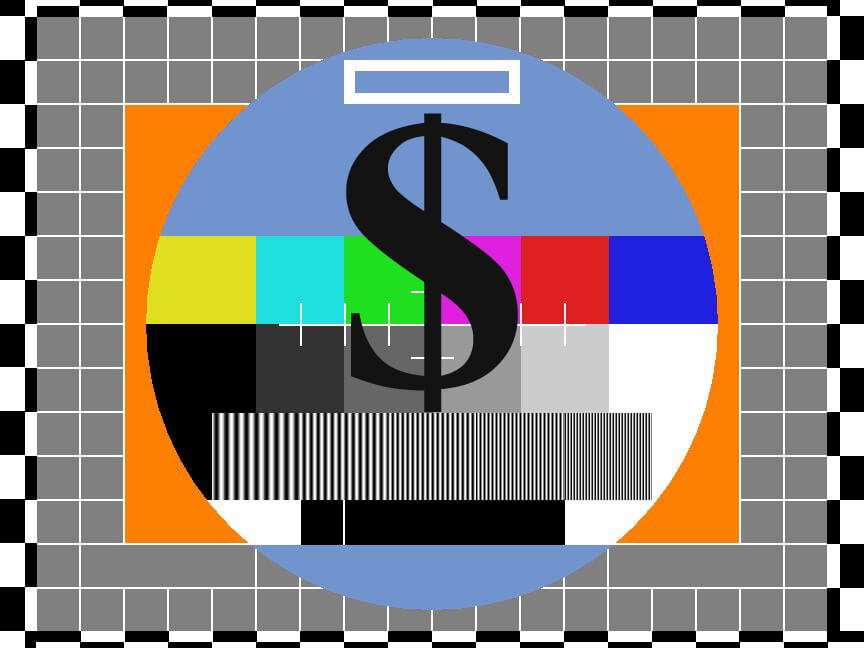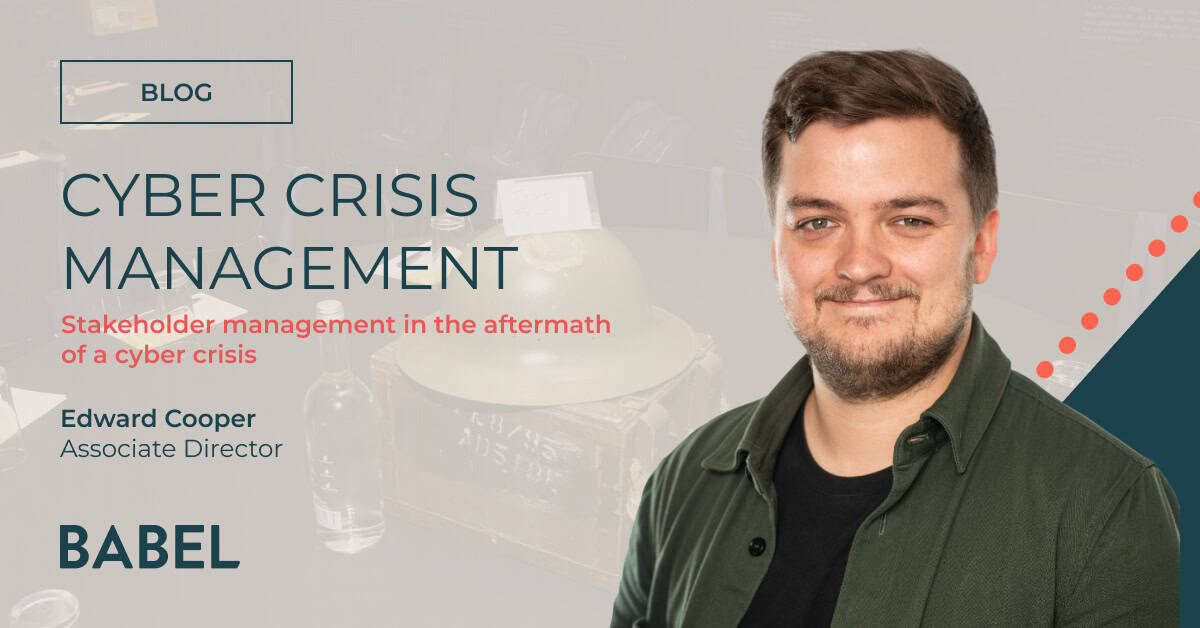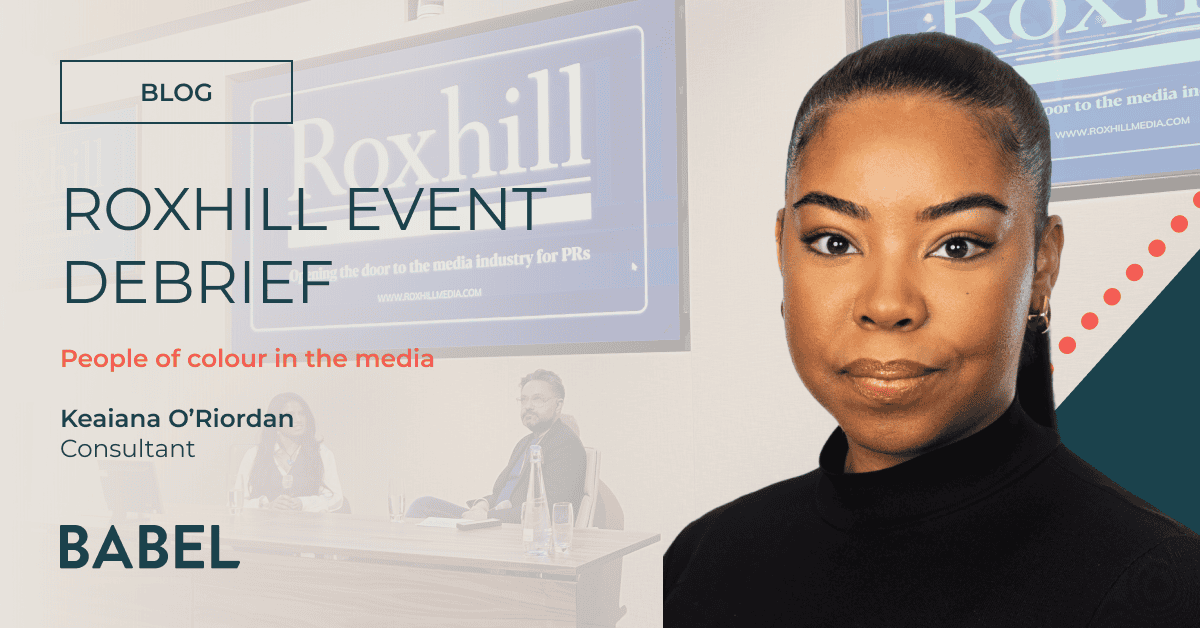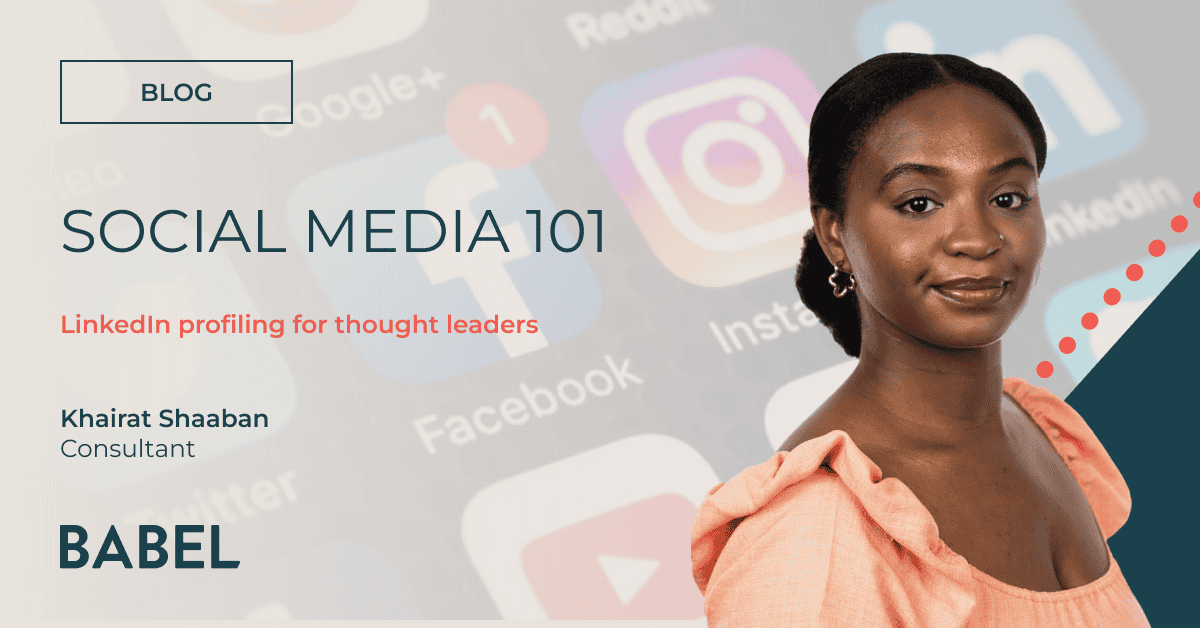
The business of broadcast
Broadcast took centre stage at Mobile World Congress 2017, during which arguably the most high profile keynote speaker was neither a telecoms veteran nor a mobile magnate, but Netflix CEO Reed Hastings. As with other sectors, the broadcast industry has steadily encroached on the mobile space in recent years, as consumers seek personalised viewing experiences whenever and wherever they are, fuelling rocketing levels of mobile video traffic.
The day-long MMIX at MWC this year cemented broadcast’s prominent position at the show, with the summit focussing on multiscreen media and entertainment, interactive and immersive content, and disruptive technologies. Broadcast may have been a major talking point in Barcelona, it was also the talking point in London during BVE 2017, which returned to the ExCel last week. We are in the midst of what is arguably the busiest time for broadcast professionals and creatives, with last week’s concurrent events followed by CABSAT in the Middle East, TV Connect in London and NAB in Las Vegas, in the coming months.
Whilst TV Connect is a relative newcomer, BVE has been running for 20 years, during which time the industry has witnessed a shift away from physical technology and hardware and towards IP environments and virtualised infrastructure. At broadcast events this has translated into fewer boxes on display, and more discussion of the likes of video-over-IP and the cloud. We’re also hearing much debate around how traditional broadcast players have – and must continue to – diversify business offerings to attract and retain audiences and compete with OTT rivals.
These topics have been bandied about the broadcast industry for a number of years now; so what’s new? The focus on virtual reality and similar technologies at MWC, and the dedicated BVE seminar stream on VR/AR/live streaming/360 point to the elevated position immersive broadcast now occupies in the industry. The benefits for the consumer are clear: entertainment reaches a whole new level and allows viewers to see and ‘feel’ something that may be impossible or else very difficult to achieve in real life, at a low cost, and in the location of their choice.
So far, so fun. It is when we look at the benefits which VR can bring to brands and marketers, though, where things get really interesting. Available catalogues of VR content are usually limited to clips of sport, music, travel and ‘experiences’, implying that more traditional broadcast content like films and TV series are not a good fit for this method of delivery. However, that VR does work for short-form content, means it could prove an exciting tool to help reinvigorate the advertising industry, which has been struggling to adapt to increasingly digital, non-linear viewing habits.
A quick look at Jaunt’s online VR library reveals a number of brands which have already cottoned onto the VR opportunity. Greenpeace, The Royal Opera House and The North Face are just three of many using the technology to tell a story and push an idea to viewers through engagement and emotion, transporting them out of the home and delivering a real-life, novel experience. Whilst many brands are currently dealing with ad-blockers and distracted eyeballs, those who have embraced VR are instead being actively sought out by viewers looking for a new broadcast experience.
2016 may have been the year in which manufacturers launched VR technology and when consumer uptake began, but tech industry events so far this year have proven that 2017 will be the year that virtual reality really takes off. Change in the broadcast industry has been slow, and at many stages has been outpaced by rapid developments in new technologies. New content experiences such as VR may be a big deal for consumers bored of linear and OTT and seeking something new, but they are potentially big business for brands and marketers looking to profit in an ever-more competitive landscape.





